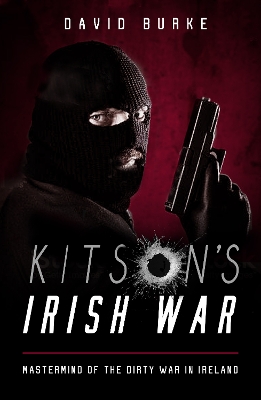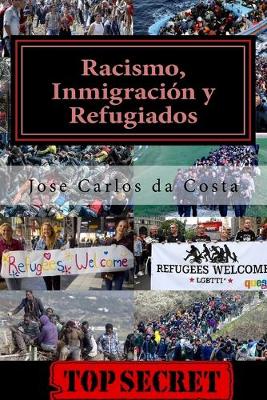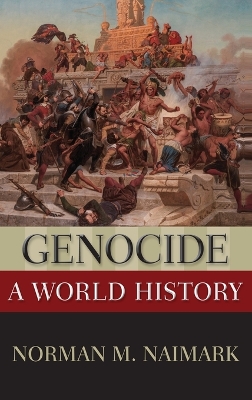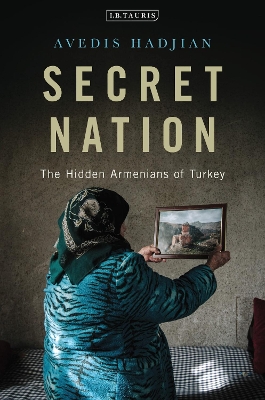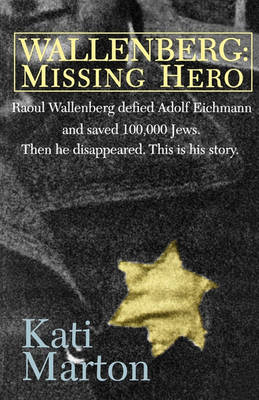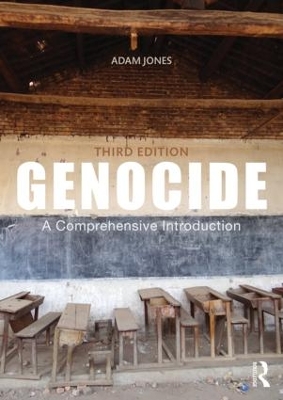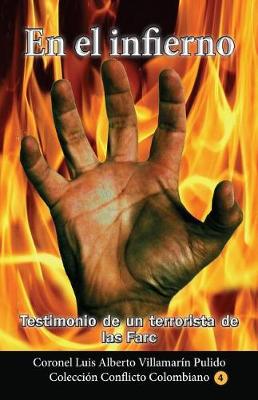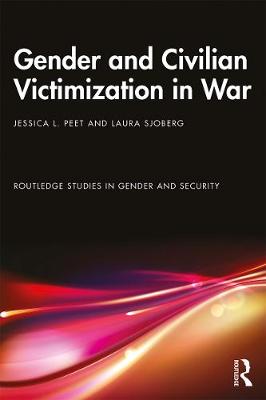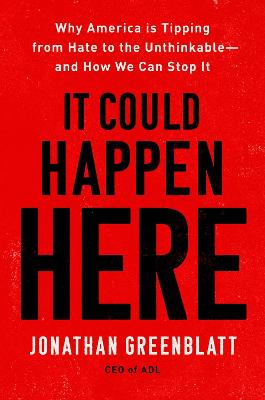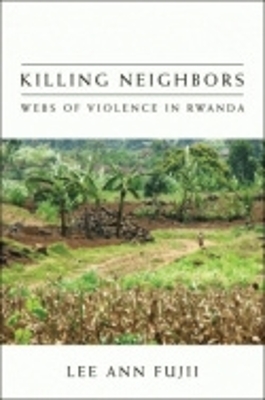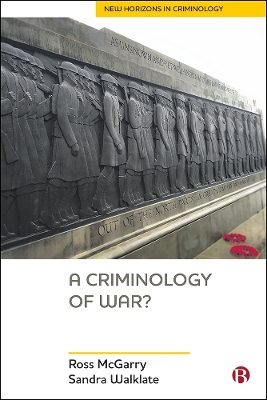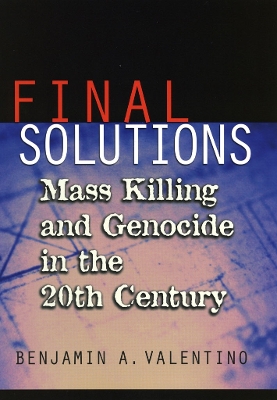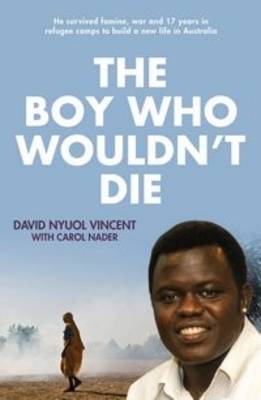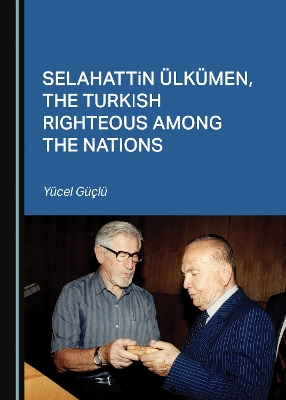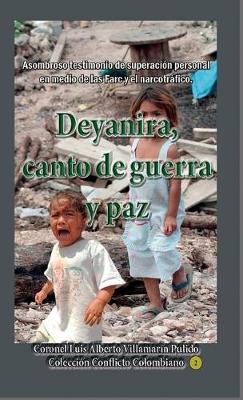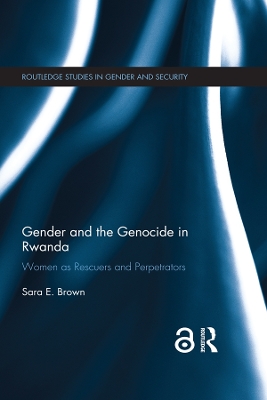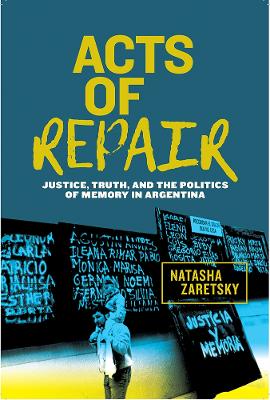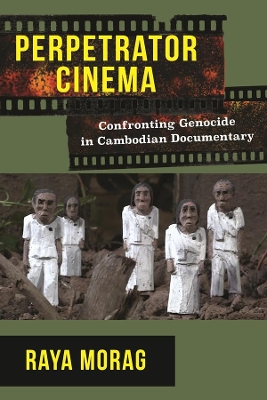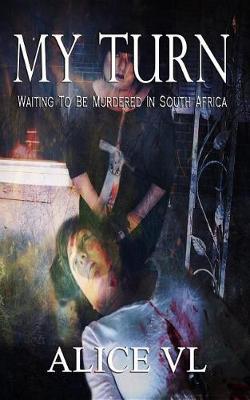The British government has taken steps to halt the prosecution of soldiers responsible for the deaths of civilians in Northern Ireland, most of whom had no connection to paramilitary activities. These killings were part of a ruthless dirty war that commenced in 1970 when Brigadier Frank Kitson, a counter-insurgency specialist, was sent to Northern Ireland. Kitson had spent decades in Britain’s colonies refining old, and developing new, techniques which he applied in Northern Ireland. He became...
Intertwined Genocides explores the patterns and the internal logic of the genocides carried out by Croatian fascists - the Ustasha - against Serbs, Jews, and Roma during the Second World War. Korb argues that the Croatian fascists were not German puppets, but strong-minded and largely independent agents, despite the German and Italian occupation of their country. They tried to transform their short-lived wartime Croatian state into a mono-ethnic nation-state by force. Whilst pursuing their viole...
Genocide occurs in every time period and on every continent. Using the 1948 U.N. definition of genocide as its departure point, this book examines the main episodes in the history of genocide from the beginning of human history to the present. Norman M. Naimark lucidly shows that genocide both changes over time, depending on the character of major historical periods, and remains the same in many of its murderous dynamics. He examines cases of genocide as distinct episodes of mass violence, but a...
It has long been assumed that no Armenian presence remained in eastern Turkey after the 1915 massacres. As a result of what has come to be called the Armenian Genocide, those who survived in Anatolia were assimilated as Muslims, with most losing all traces of their Christian identity. In fact, some did survive and together with their children managed during the last century to conceal their origins. Many of these survivors were orphans, adopted by Turks, only discovering their `true' identity l...
A fearless young Swede whose efforts saved countless Hungarian Jews from certain death at the hands of Adolf Eichmann, Raoul Wallenberg was one of the true heroes to emerge during the Nazi occupation of Europe.
Genocide: A Comprehensive Introduction is the most wide-ranging textbook on genocide yet published. The book is designed as a text for upper-undergraduate and graduate students, as well as a primer for non-specialists and general readers interested in learning about one of humanity’s enduring blights. Fully updated to reflect the latest thinking in this rapidly developing field, this unique book:Provides an introduction to genocide as both a historical phenomenon and an analytical-legal concept...
Gender and Civilian Victimization in War (Routledge Studies in Gender and Security)
by Jessica L. Peet and Laura Sjoberg
This book explores the role of gender in influencing war-fighting actors’ strategies toward the attack or protection of civilians. Traditional narratives suggest that killing civilians intentionally in wars happens infrequently and that the perpetration of civilian targeting is limited to aberrant actors. Recently, scholars have shown that both state and non-state actors target civilians, even while explicitly deferring to the civilian immunity principle. This book fills a gap in the accounts o...
In the horrific events of the mid-1990s in Rwanda, tens of thousands of Hutu killed their Tutsi friends, neighbors, even family members. That ghastly violence has overshadowed a fact almost as noteworthy: that hundreds of thousands of Hutu killed no one. In a transformative revisiting of the motives behind and specific contexts surrounding the Rwandan genocide, Lee Ann Fujii focuses on individual actions rather than sweeping categories. Fujii argues that ethnic hatred and fear do not satisfacto...
A Criminology of War? (New Horizons in Criminology)
by Ross McGarry and Sandra Walklate
In recent years, the academic study of ‘war’ has gained renewed popularity in criminology. This book illustrates its long-standing engagement with this social phenomenon within the discipline. Foregrounding established criminological work addressing war and connecting it to a wide range of extant sociological literature, the authors present and further develop theoretical and conceptual ways of thinking critically about war. Providing a critique of mainstream criminology, the authors question wh...
Final Solutions (Cornell Studies in Security Affairs)
by Benjamin A. Valentino
Benjamin A. Valentino finds that ethnic hatreds or discrimination, undemocratic systems of government, and dysfunctions in society play a much smaller role in mass killing and genocide than is commonly assumed. He shows that the impetus for mass killing usually originates from a relatively small group of powerful leaders and is often carried out without the active support of broader society. Mass killing, in his view, is a brutal political or military strategy designed to accomplish leaders' mos...
David Nyuol Vincent was a little boy when he fled southern Sudan with his father, as war raged in their country. He left behind his distraught mother and sisters, his village and his childhood. He would never return. For months David and his father walked across southern Sudan, barefoot, desperately searching for safety, food and water. They survived the perilous Sahara Desert crossing into Ethiopia only to be separated. David was taken in and trained as a child soldier, surviving the next 17 ye...
The history of the Holocaust is far from complete. Even with more than seven decades of Holocaust research and writing behind us, there are many specialist topics within Holocaust historiography that have not been dealt with in detail, including the role of Turkey. This has caused the researchers of the Holocaust in other countries to often include limited, outdated, and sometimes incorrect data about Turkey in their studies. Within the flood of publications on Holocaust history that has been ri...
This dispassionate but shocking indictment of the implementation of Allied policy toward war criminals dispels once and for all the myth that important Nazi criminals were removed from power.
Gender and the Genocide in Rwanda (Routledge Studies in Gender and Security)
by Sara E. Brown
This book examines the mobilization, role, and trajectory of women rescuers and perpetrators during the 1994 genocide in Rwanda. While much has been written about the victimization of women during the 1994 genocide in Rwanda, very little has been said about women who rescued targeted victims or perpetrated crimes against humanity. This book explores and analyzes the role played by women who exercised agency as rescuers and as perpetrators during the genocide in Rwanda. As women, they took acti...
Acts of Repair (Genocide, Political Violence, Human Rights)
by Natasha Zaretsky
Perpetrator Cinema explores a new trend in the cinematic depiction of genocide that has emerged in Cambodian documentary in the late twentieth- and early twenty-first centuries. While past films documenting the Holocaust and genocides in Yugoslavia, Rwanda, and elsewhere have focused on collecting and foregrounding the testimony of survivors and victims, the intimate horror of the autogenocide enables post–Khmer Rouge Cambodian documentarians to propose a direct confrontation between the first-g...
Kill Boxes addresses the legacy of US-sponsored torture, indefinite detention, and drone warfare by deciphering the shocks of recognition that humanistic and artistic responses to violence bring to consciousness if readers and viewers have eyes to face them. Beginning with an analysis of the ways in which the hooded man from Abu Ghraib became iconic, subsequent chapters take up less culturally visible scenes of massive violations of human rights to bring us face to face with these shocks and th...
